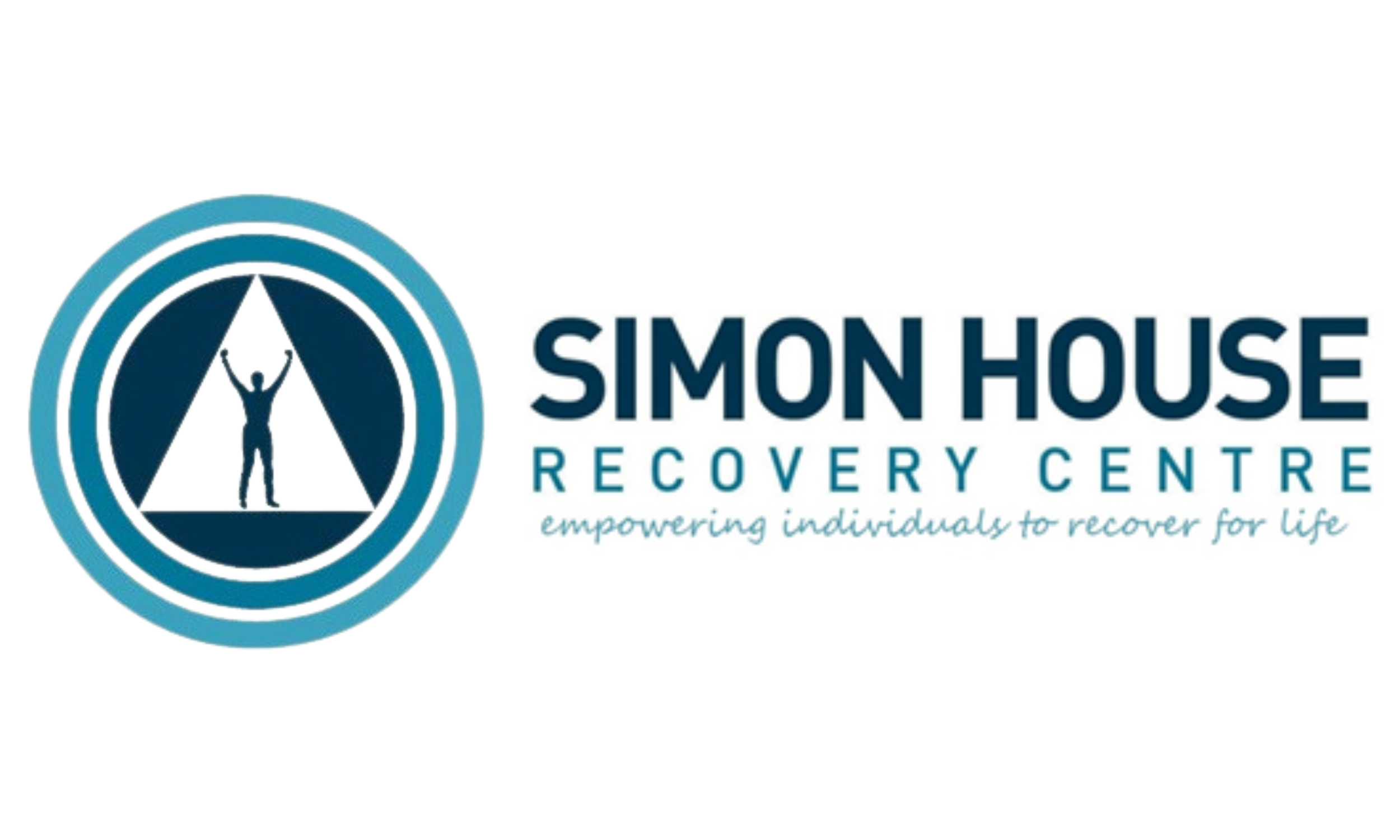Surrendering to Win
As much as the saying ‘surrender to win’ seems like a paradox, it is part of the foundation of a solid recovery program. Addiction is a chronic, relapsing disease centred in the brain. Like all chronic diseases (think asthma or diabetes), it is treatable, but not curable. This means that in order for a person to get well from addiction, there needs to not only be the willingness to enter into some sort of recovery program, but also an underlying, unwavering acceptance that they are not able to drink and use drugs like a ‘normal’ person; that is, without the unwanted consequences that come from an addicted person when they use.
Like all diseases, before a person can start to benefit from treatment, there needs to be an acceptance of two things: that they actually have a disease, and that there is a solution with which they can get better. The first point can be very tricky, particularly for someone who is new to recovery. This presents as someone who believes themselves to be ‘special’ or ‘unique’. They believe that their addiction is a different kind than others because their consequences do not appear to be as severe as others who are in treatment with. One exercise our clients do to overcome this is a written Step 1, which is a chronological, year-by-year inventory of their using history, including past relapses. Seeing the progression of their disease in their own words often helps them to overcome this stubborn tendency to downplay the severity of their condition.
The second point has to do with hopelessness. A person may believe they are the type that needs help and desperately wants to get well but does not really believe there is a way out. They have faced disappointment after disappointment and perhaps have tried other methods of getting sober that proved unsuccessful. Oftentimes, hope comes from people they meet in recovery meetings. It can also come from other clients in treatment who are further along in the program and can relate the benefits of even a brief time in recovery. If a newly sober person adopts an attitude of ‘if they can do it, I can do it!’, it can make a profound change in their outlook towards their future recovery.
It is not an easy thing for a person to accept that they cannot socially drink or use drugs as their friends and family members do. This denial can lead to either not putting sufficient effort into their recovery or relapsing after being sober for a time; falling into the trap of believing they are ‘cured’ of their addiction because they had some time sober.
For those who do remember where they came from, making the practice of humility and acceptance the backbone of their recovery, there is a great deal of hope for long-term sobriety.
Kevin S.
— Manager of Clinical Services, Simon House

